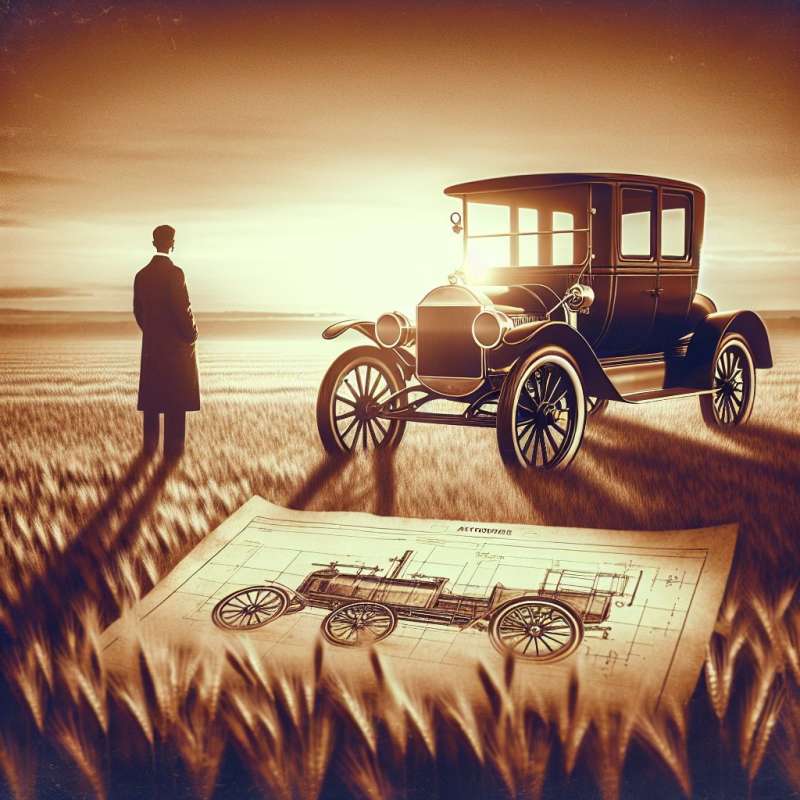
Volkswagen's Humble Beginnings
Founded in 1937, Volkswagen was part of Nazi Germany's project to make cars accessible to the public. The iconic Beetle, designed by Ferdinand Porsche, emerged from this effort, symbolizing affordable mobility.
Beetle: A Global Icon
Post-war, the Beetle became a symbol of economic recovery. Its popularity soared, achieving status as a global icon. By 1972, the Beetle surpassed Ford's Model T as the world's best-selling car.
Innovation Through Electronics
Volkswagen pioneered electronic fuel injection in the 1960s with the Type 3 model. This technology improved efficiency and performance, setting new industry standards and leading to the widespread use in today's vehicles.
Volkswagen's Environmental Strides
In response to environmental concerns, Volkswagen launched the 'Think Blue.' initiative in 2010. It encompasses efficient vehicle technologies, sustainable production, and eco-conscious behavior promotion among customers and employees.
Emissions Scandal Aftermath
The 2015 emissions scandal rocked Volkswagen, leading to major financial penalties and a commitment to electric vehicles. This debacle shifted Volkswagen's focus, accelerating investment in sustainable mobility solutions.
Electric Future: ID Series
Volkswagen introduced the ID series, marking a new era in their automotive legacy. The ID.3 and ID.4 models, launched in 2019 and 2020 respectively, embody VW's vision for a clean, electric future.
Pioneering Autonomous Driving
Volkswagen is at the forefront of autonomous driving technology. They aim to integrate self-driving systems into their ID series by 2025, potentially revolutionizing the automotive industry once again.Beetle's Unlikely Role
During WWII, the Beetle's chassis was used as a base for military vehicles, showcasing its versatility beyond civilian use.
Who designed the Volkswagen Beetle?
Heinrich Nordhoff
Ferdinand Porsche
Henry Ford
Company